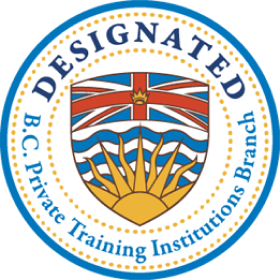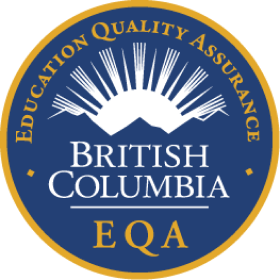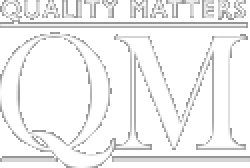GET MORE INFO NOW!!!
Start your journey towards a new career today by requesting program details.
 Financial Assistance
Financial Assistance
 Career Options
Career Options Start Dates
Start Dates Job Opportunities
Job Opportunities

Assessment
Is Career Training Right For You? Find Out!
Posted by AOLCC | 9th August 2022

Medical office assistants (MOAs) perform an essential role and are in demand within almost every type of medical office. MOAs are responsible for a number of key duties, including scheduling patient appointments, guiding patients through the check-in process, handling billing and paperwork and more. However, the scope of a medical office assistant’s role can vary greatly depending on the setting in which they work. After completing their training at an institution like the Academy of Learning in British Columbia, medical office assistants can go on to work in clinics, hospitals, private practices, and even government agencies or insurance companies.
Since the work environment determines the day-to-day responsibilities and specialization of an MOA, if you’re considering this career path, it’s important to familiarize yourself with the different opportunities available. Below, explore four different work environments for MOAs to help you refine your career path.
This is among the most common places of employment for medical office assistants, and there is a wide range of roles for graduates of a medical office assistant program working in hospitals. Since hospitals are quite large, the work of MOAs is often divided into specialized sections, depending on the needs of each department. One area where MOAs can work within hospitals is in the emergency department. Here, these professionals are responsible for gathering information from visitors and helping them to secure a visit with a doctor. It’s important to note that MOAs working in emergency settings must be able to remain calm in stressful situations since they’ll be dealing with injured patients. Hospitals also operate 24/7, so it’s important to remember that while working in a hospital, you may need to work nights or odd hours rather than a traditional 9-5.

Medical office assistants often work in hospitals
It’s also common for MOAs to find work in private practices or private medical offices operated by physicians. Private practices are much smaller in nature, and thus, the scope of an MOA’s role in these environments will be much wider, handling all administrative matters that might arise. Within private practices, MOAs will take calls from patients, schedule appointments, handle communication with suppliers, coordinate inventory, check patients in, handle billing and insurance filings, and more. They may also gather patient medical histories and prepare examination rooms. If you’re a strong multitasker, private practices might be the right setting for you.
After you study healthcare in BC, you might explore working in a clinic. While clinics have some similarities to hospitals, there are a few major differences. For one, there will only be a few specialities, resulting in less narrowly focused roles. Additionally, clinics operate on regular hours, eliminating the possibility of night shifts. In a clinic setting, MOAs will primarily work to schedule appointments and check patients in since most of the patients visiting clinics are pre-scheduled. If you have strong communication skills, you might consider working in a clinic after completing your training.

After completing a medical office assistant program, you may be able to find work in a clinic
In some cases, professionals with medical office assistant skills can go on to work in an administrative capacity for government agencies or insurance companies which deal with healthcare. Thanks to their knowledge of medical terminology and medical billing procedures, these professionals are often an asset in these settings. If you decide that working directly with patients isn’t for you and you prefer administrative work, consider this career path.
When you complete your medical office assistant training, you’ll be qualified to pursue career opportunities in any of these different environments. Not only will you develop a comprehensive knowledge of medical administration and hospital administration, but you’ll also build key computer and office skills and gain practical experience within an on-site Clinical Preceptorship. With this hands-on training, you’ll be prepared for a successful career in the field.
Looking for the right healthcare school in BC?
Contact AOLCC BC for more information today!
Start your journey towards a new career today by requesting program details.
This fun, online quiz takes 3 minutes to complete and you’ll get a personalized report. Identify your strengths and social style plus the training and positions you’re best suited for.Get Your Career Training Readiness Score Now

B.C. Private Training
Institutions Branch

B.C.
Education
Quality Assurance
699 Victoria Street
Kamloops, BC V2C 2B3
Phone: (250) 372-5429
Fax: (250) 372-5462
#204-347 Leon Avenue
Kelowna, BC V1Y 8L7
Phone: (250) 868-3688
Fax: (250) 868-3511
1551 Estevan Rd #7,
Nanaimo, BC V9S 3Y3
Phone: (250) 753-4220
Fax: (250) 753-4295
#200-754 Goldstream Ave.
Victoria, BC V9B 5T2
Phone: 250-391-6020
Fax: (250) 391-6021

